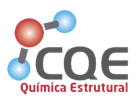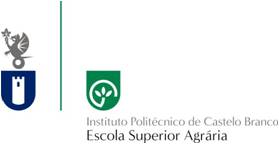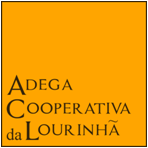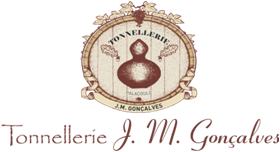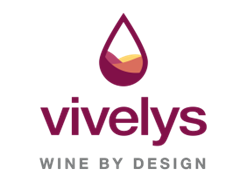The wine spirit is, by definition, a spirit beverage produced exclusively by the distillation of wine, fortified wine, or by the re-distillation of a wine distillate at less than 86 % vol. It is, therefore, a product derived from wine. In accordance with European regulations (Regulation UE Nº 787/2019) are mandatory requirements:
- A level of volatile substances equal to or exceeding 125 g/hl of 100% vol. alcohol;
- Maximum methanol content of 200 g/hl of 100% vol. alcohol;
- Minimum alcoholic strength of 37.5% vol.;
- Only contain caramel as a means to adapt colour;
- Not be added with alcohol;
- Not be flavoured, not excluding traditional production methods.
Is it possible to obtain a quality wine spirit from any wine?
The idea that a quality wine spirit can result from the distillation of wine inappropriate for consumption (e.g. affected by acetification) is totally incorrect. The raw material - wine - for the production of wine spirit must be produced for this purpose meeting certain quality criteria.
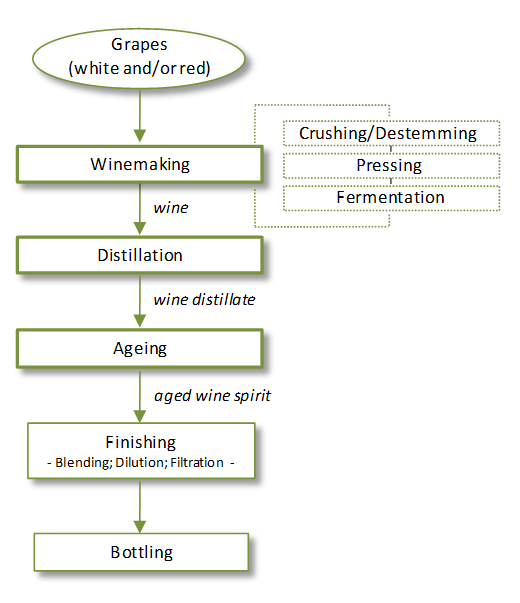 |
|
|
Wine spirit production technology
Following to winemaking, the production process for wine spirit includes the distillation of wine as a core operation. The distillation may be continuous, carried out in a distillation column (a), or batch, carried out in an alembic (b). The obtained distillate is usually subjected to a more or less prolonged ageing process. The aged wine spirit is then submitted to so-called finishing operations:
Finally it is bottled.
|
|
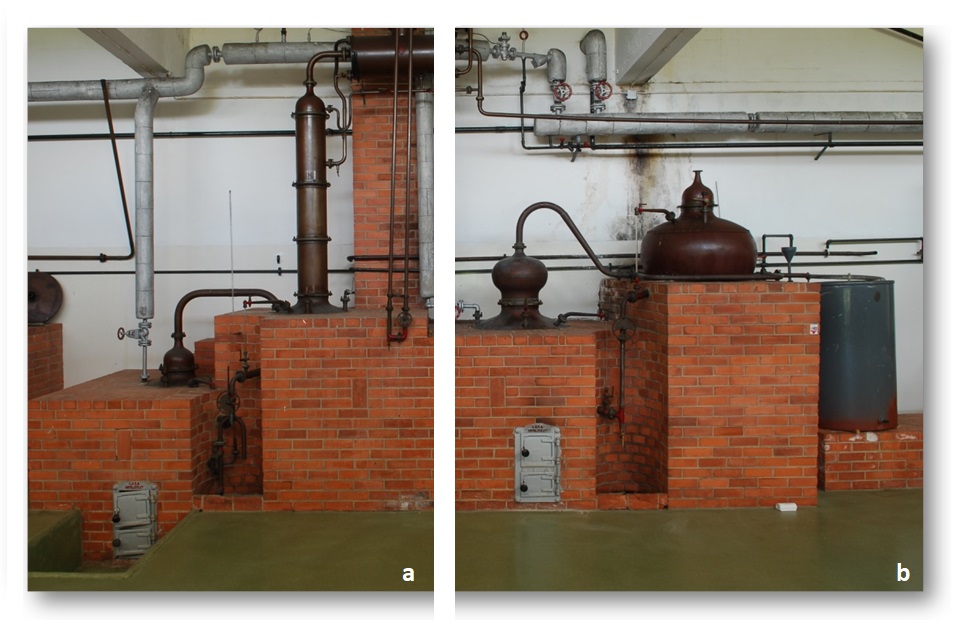 |
|








